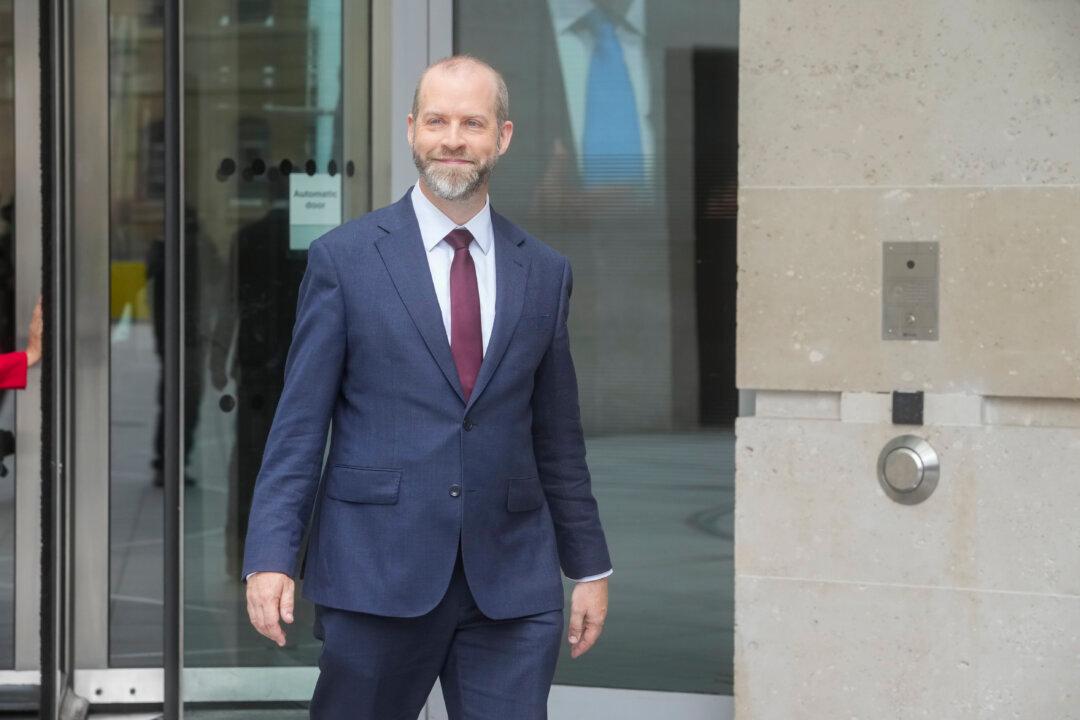A minister has ruled out the introduction of digital ID cards after former Prime Minister Tony Blair called on the new government to use them to control immigration.
Business Secretary Jonathan Reynolds said it’s not part of the government’s plan, having said earlier on Sunday that Home Secretary Yvette Cooper would look at “all sources of advice” on the issue.





